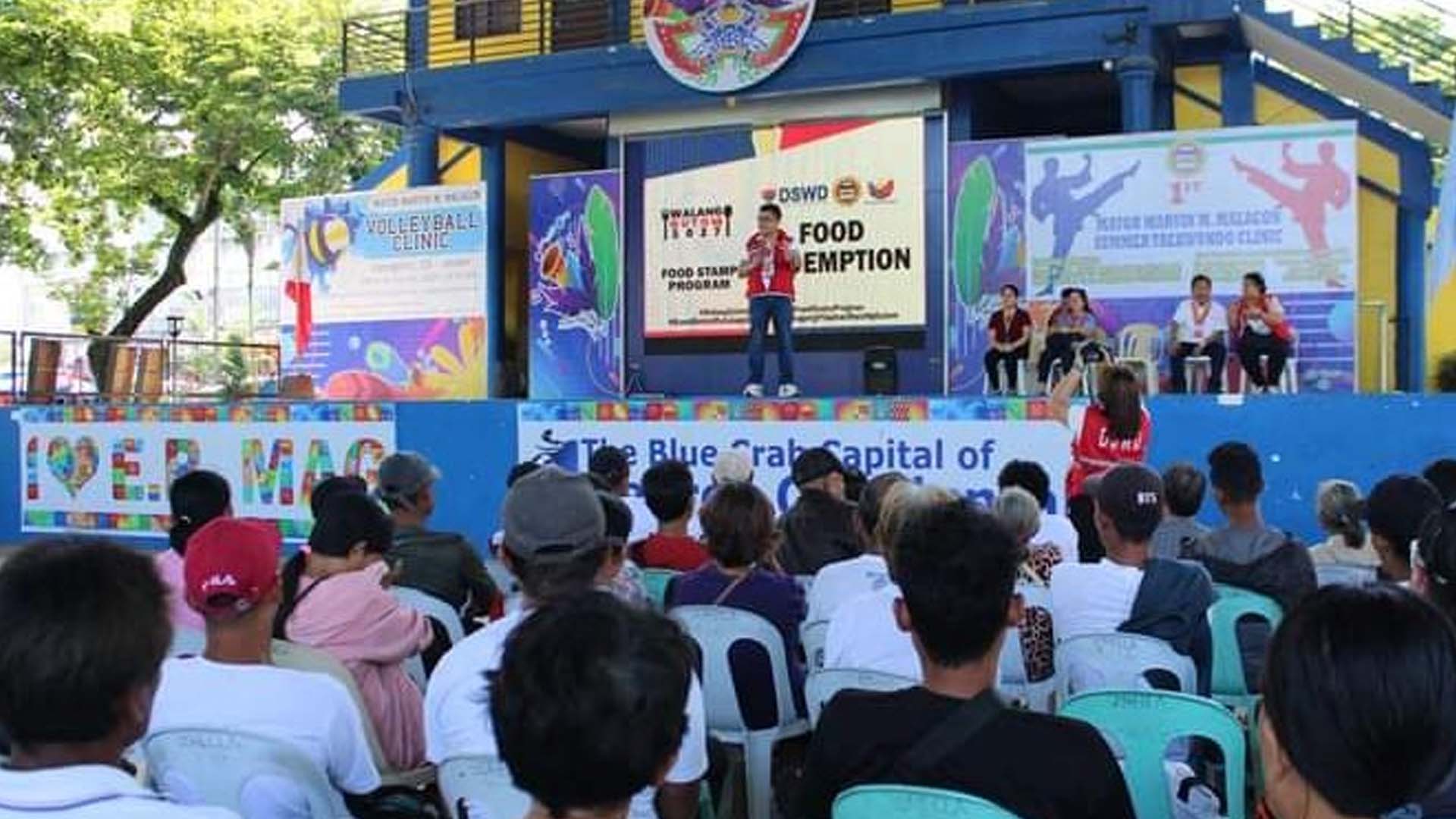At least 43,021 households in Negros Occidental stand to benefit from monthly food assistance of PHP3,000 each under the Walang Gutom: Food Stamp Program of the Department of Social Welfare and Development (DSWD).
May Rago-Castillo, information officer of DSWD-6 (Western Visayas), said in an interview on Wednesday that in the region, the program mainly targets beneficiaries in Negros Occidental.
“The Listahanan database shows there are many households considered as food poor in Negros,” she added.
Through the Listahanan, which serves as a comprehensive database of poor households nationwide, the DSWD identifies and assists the country’s poor and ensures targeted social protection for those most in need.
Under the Walang Gutom: Food Stamp Program, each targeted household receives an electronic benefit transfer (EBT) card that contains a monthly amount of PHP3,000 to purchase food from DSWD partner retailers.
After the launch of the food stamp program in Negros Occidental last week, 191 beneficiaries in E.B. Magalona town and 111 others in Victorias City Coliseum have already received EBT cards to redeem food packages consisting of nutritious food such as vegetables, fruits, rice, bread, and meat products.
Imelda Peñaflorida, one of the beneficiaries in E.B. Magalona, said she no longer needs to worry about their family’s food expenses.
“This is a huge help to us. I am grateful to President (Ferdinand R.) Marcos Jr. for help through the Walang Gutom Program,” she said in the local dialect.
In Victorias City, Daisy Olinares said that the food stamp program is a big relief to their family, with her husband no longer capable of providing for their family.
“This will bring joy to my children as they can have healthy meals,” she shared.
In a statement, DSWD-6 Assistant Regional Director for Operations Arwin Razo said the Walang Gutom: Food Stamp Program is a response initiated by the President, through Executive Order No. 44, towards households experiencing hunger.
“The President wants to ensure that no Filipino family goes hungry, whether in urban and rural communities or areas,” he added. (PNA)




















